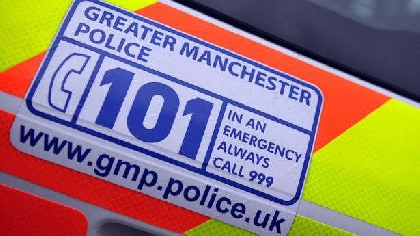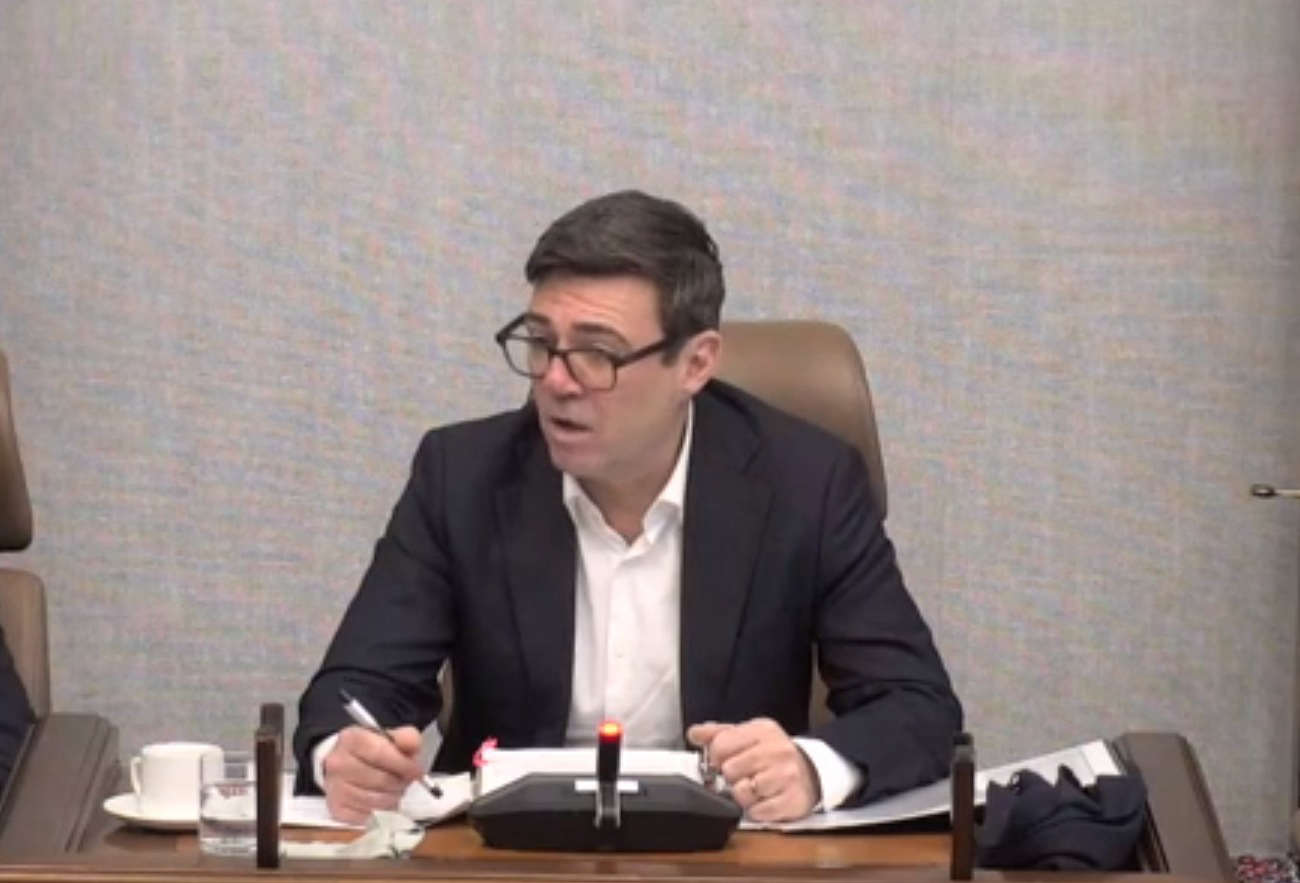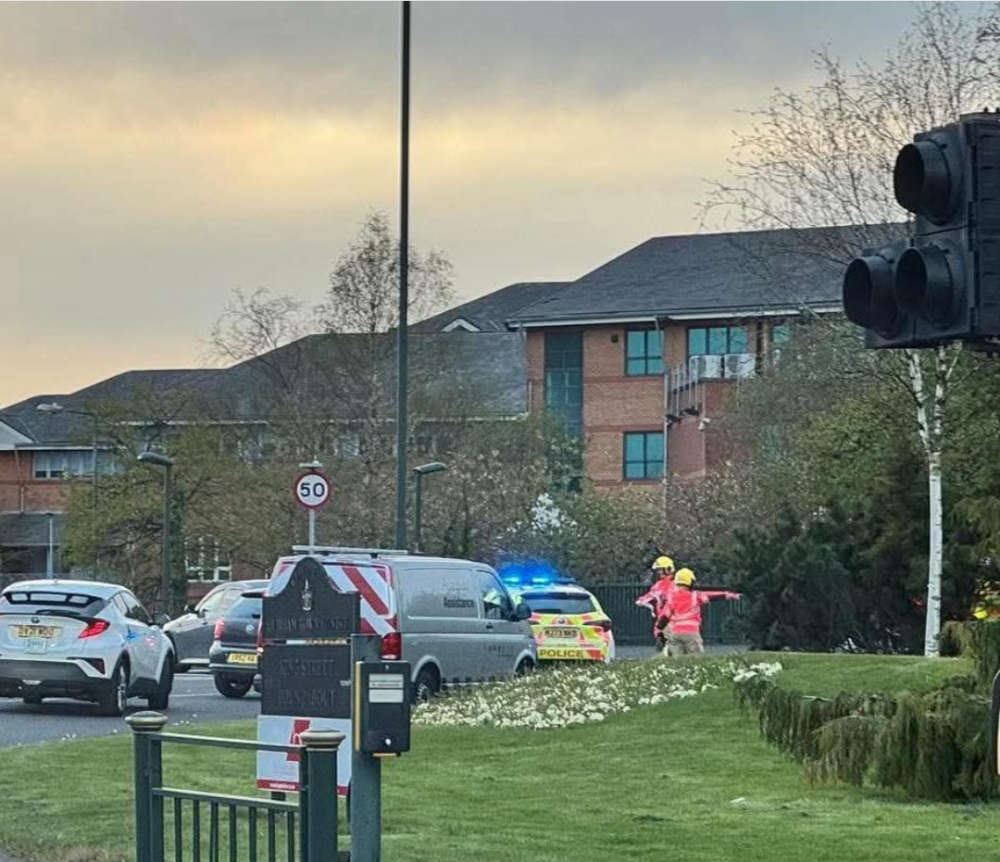
Greater Manchester Police (GMP) has announced major changes following a harrowing report on the treatment of women and girls in custody.
Strip searches for welfare purposes have ended, with steps taken to make the practice a ‘last resort’ for concealment, and female welfare officer roles have been created to ‘better respond to the needs of female detainees’ in custody.
GMP is also now providing all female suspects in custody with dignity packs including sanitary products, has ensured female welfare officers are allocated to female suspects in custody, and refreshed officer training on the use of voluntary attendance interviews.
A report on the changes made since the inquiry found that GMP has ‘improved people’s dignity and support in custody’ through the progress it has made, with better record keeping of when strip searches take place, as well as making improvements to requests for personal information being held on file.
The changes are part of the independent Baird Inquiry which was launched to investigate the experiences of people taken into custody by GMP.
The review, led by Dame Vera Baird KC, was commissioned by mayor Andy Burnham last summer after a series of allegations were made against GMP from multiple women who came forward to the media.
A total of 24 out of 26 recommendations from that report have been introduced by GMP and signed off by Greater Manchester’s deputy mayor Kate Green, at a cost of more than £3 million.
Some of the recommendations have been discharged but were not fully implemented, including the use of separate cell areas for females, children, and males. GMP said there may be circumstances when a cell designed for women may need to be used to house males.
Bosses also said GMP ‘cannot guarantee’ that a female welfare officer will always answer a female cell buzzer.
A further two recommendations which are in progress relate to delivering trauma training for all police officers, which GMP said it is rolling out after a ‘full review’ to identify gaps and make improvements.
This will see all frontline officers trained by January 2025 in domestic abuse and given information on the ‘neuroscience of trauma’ as part of a package set up with help from the College of Policing.
Seven of the eight recommendations put to the Greater Manchester Combined Authority will be delivered by December.
Recommendations to the GMCA included the establishment of an Independent Scrutiny Panel to look at arrests and custody records, and appointing a new Super Independent Custody Visitor to make unannounced visits to custody suites.
Findings from the Baird Inquiry brought to light stories of women having faced humiliating experiences while being arrested and detained in custody by GMP.

This included a domestic abuse victim waiting for a hysterectomy being left sitting in her own blood for 11 hours, having to repeatedly ask for sanitary products and her medication.
Another woman who was arrested for affray was left soaked in menstrual blood for nearly 16 hours while she was held in custody, and was not offered sanitary protection or contact with a female welfare officer.
Mayor Andy Burnham described the changes as a “landmark moment” for the safety of women across the region.
He added: “Last year we commissioned Dame Vera Baird to carry out a full and independent review that would shine a spotlight on experiences in police custody, and give a voice to those who were failed by problematic cultures and practices.
“The distressing findings of that report were a clarion call for urgent action. Today we can confirm that Greater Manchester is answering that call.
“In July, both the Greater Manchester Combined Authority and Greater Manchester Police committed to implement fully and faithfully the recommendations set out in Dame Vera’s inquiry.
“Back then I called on GMP to bring an end to strip-searching for so-called welfare purposes within six months. Four months on, this practice has ended, and there is now a presumption against strip searches for concealment.
“Dame Vera’s report recommended that we create a new independent custody visitor role with responsibility for unannounced visits to custody suites.
“We have now recruited to a role that will give us the capacity to carry out comprehensive checks in all custody suites to ensure GMP are meeting the standards expected of them.
“We pay tribute again to Dame Vera for the comprehensive and unflinching work that she carried out, and we thank all of those who came forward and gave evidence to her Inquiry.
“It is clear that there is still progress to be made. The deputy mayor and I will continue to hold up a mirror to unacceptable practices wherever we find them, and work with the Chief Constable and his team to ensure that improvements are delivered and sustained.”
Deputy mayor Kate Green said: “We are building the foundations of lasting change to cultures and practices that, sadly, have fallen well short of what people should rightly expect.
“The establishment of an independent scrutiny panel that will hold its first meeting next month, reporting to me, will be a vital component in a more robust system of checks and balances in this less publicly visible area of policing.
“While the implementation of these recommendations to date is welcome, it is essential that the improvements brought about are maintained and indeed built upon, and on behalf of the Mayor I will continue to scrutinise GMP as it makes progress in these areas.”
“I join the Mayor in thanking Dame Vera and those who lent their voices to her report. We have heard them, and we are resolutely committed to ensuring that our police force continues on its improvement journey.”
GMP’s Deputy Chief Constable Terry Woods said: “Our significant progress with the Baird review recommendations demonstrates our commitment to ensuring the people of Greater Manchester – particularly women and girls – can have confidence in their police force.
“Dame Vera’s report was a disturbing read which highlighted some troubling truths. The Chief Constable apologised to those in the report, and we take full responsibility for implementing the recommendations with a view to making lasting improvements.
“It is clear we are well on the way to doing this. We are working closely with local and national partners in policing and beyond to ensure we are being held fully accountable for our improvements, while also influencing national change in this space.”


 Man Rescued From Bridge
Man Rescued From Bridge
 TransPennine Express steps in to keep passengers moving this Easter weekend
TransPennine Express steps in to keep passengers moving this Easter weekend
 New Timetables For Trains Across The North In May
New Timetables For Trains Across The North In May
 Man Jailed For Violent Attack
Man Jailed For Violent Attack



